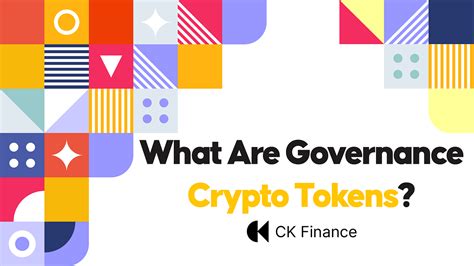Increase in steering tokens in Ethereum Classic (etc.): A new era for a decentralized project
In recent years, the world of blockchain and cryptocurrency has undergone significant transformations. One of the most remarkable developments is the growth of governance tokens, which allowed decentralized projects to take over their own decision -making processes. In this article, we examine how government tokens are shaping the future of the Ethereum Classic (etc.) of the Block Considet Blockchain, which is to regain the foundations of criticism and skepticism.
What are the steering tokens?
Governance tokens are digital tools that represent ownership in a decentralized project or organization. Contrary to traditional cryptocurrencies aimed at increasing mining or other tools, governance tokens focus on decision -making and strategic planning. These tokens give the owners a direct stake in the development, growth and future prospects of the project.
Case of Ethereum Classic (etc.)
Ethereum Classic is a hard fork of Ethereum blockchain created in 2016 as an alternative to the popular and broader ETHERUM (ETH). The essence, etc. A POS blockchain that means using a consensual algorithm, so -called evidence (POS) rather than just the work of work.
2020, etc. Significant challenges, including increased transaction fees, reduced block size capacity and disputes surrounding the Ethereum 2.0 project were faced with significant challenges. The aim of the project is the purpose of transition from POW to POS, but eventually got stuck because of the lack of adoption.
The role of governance tokens, etc.
In response to these challenges, the ETC community has decided to introduce government tokens. These tokens gave the owners a direct share in the project decision -making process, allowing them to influence the direction and growth of the network.
One of the most important features of governance tokens is to allow voting proposals for new projects or existing changes. This was particularly useful for the ETC when the owners were able to vote on proposals to increase the capacity of the block, reduce transaction fees, or introduce other charges.
Advantages of Governance Tokens
Governance tokens offer many benefits to ETT and users:
* Increased Transparency : In government tokens, project owners can make it easier to publish information about decision -making processes.
* Improved Community Commitment : Government tokens have enabled the creation of a community -controlled forum where owners can discuss proposals and cooperate in projects.
* Increased Security : By providing direct stake in the project decision -making process, governance tokens have contributed to improving security by reducing the centralization risk.
Challenges and disputes

While governance tokens contributed, etc. A number of challenges and debates have been raised for the future:
* Centralized decision -making
: Some critics claim that government tokens can be used as a means of centralized decision -making, not a really decentralized tool.
* Lack of accountability : Government tokens can create a self -interest culture where project owners are prioritized for their own interests against the needs of the community.
Conclusion
The introduction of governance tokens had a significant impact on Ethereum Classic (etc. While challenges and contradictions arose, these token-based management models offer many benefits to decentralized projects, such as and so on.
As the Blockchain world continues to develop, it is likely that decentralized projects are more widely accepted by government tokens.




